How to Choose the Right Soap for Your Skin Type
Navigating the World of Facial Cleansers
With the overwhelming variety of face cleansing products available today, from liquid cleansers to handmade soaps, no-foam gels, and more—choosing the right product for your skin type can seem daunting. If you prefer traditional soaps for facial cleansing, you're not alone. This guide supports your choice by simplifying the selection process based on your skin's specific needs.
Understanding Your Skin Type
Identifying your skin type is the first step in selecting the right soap. Each type has unique characteristics and requirements:
-
Oily Skin: This type appears shiny and may develop more acne due to excess sebum. Avoid oil-based soaps, as they can exacerbate oil production.
-
Dry Skin: Characterized by a feeling of tightness and visible flaking, dry skin requires soaps with moisturizing properties to combat dryness and maintain hydration.
-
Combination Skin: With oily zones (usually the T-zone i.e. forehead, nose, and chin area) and dry patches, this skin type needs a versatile cleansing approach that balances hydration with oil control.
-
Sensitive Skin: Prone to irritation and allergic reactions, sensitive skin requires soaps with mild and soothing ingredients to prevent adverse effects.
-
Normal Skin: Typically, well-balanced but still requiring regular maintenance, normal skin benefits from gentle cleansing to maintain its natural equilibrium.
Natural Soaps vs. Synthetic Soaps
Understanding the difference between natural and synthetic soaps, including those from derma company products, can significantly impact your choice::
-
Ingredients: Natural soaps are made with ingredients like plant extracts, essential oils, and butters that nourish the skin. Synthetic soaps, however, often contain artificial fragrances, colors, and preservatives that can irritate and dry out the skin.
-
Skin Health: Natural soaps maintain the skin’s natural oils, providing moisture and enhancing the skin’s barrier function. Synthetic soaps might strip the skin of these essential oils, leading to dryness and irritation.
-
Environmental Impact: Handmade natural soaps are typically more environmentally friendly. They are biodegradable and often made by local artisans who use sustainably sourced ingredients.
Skinska’s Natural Handmade Soap Offerings
Skinska, a leading Derma company, offers a variety of natural soaps for face, each handmade and tailored to meet specific skin needs:
-
Charcoal Soap: Formulated with Activated Bamboo Charcoal and Tea Tree Oil, this soap is ideal for oily skin. It deep cleanses pores, removes excess oil, and helps prevent outbreaks, all while maintaining skin moisture with its glycerin soap base.
-
Aloe Vera Soap: This soap combines Aloe Vera, Almond Milk, and Vitamin E, making it perfect for sensitive or dry skin. It soothes, nourishes, and moisturizes the skin, providing gentle cleansing without stripping natural oils.
-
Tomato Soap: With ingredients like Tomato, Aloe Vera, Rice Extracts, and Olive Oil, this soap is great for brightening the complexion and balancing oily skin. The natural acidity of tomatoes and rice extracts helps to refine pores and even out skin tone.
-
Oatmeal Soap: Containing Oatmeal, Orange, and Papaya, this soap offers gentle exfoliation for dry and sensitive skin types. It helps remove dead skin cells while delivering moisture and brightening the skin with natural fruit extracts.
Choosing the Right Ingredients in Soaps
Selecting the right soap involves more than just knowing your skin type; it's about matching your skin's needs with the right ingredients. Here’s how each ingredient can be suited to different skin needs:
-
Aloe Vera Soap: Ideal for sensitive and dry skin, Aloe Vera has soothing, anti-inflammatory, and hydrating properties. It helps calm irritations and maintain moisture, making it a staple in natural soaps for the face.
-
Charcoal Soap: Excellent for oily and acne-prone skin, charcoal or activated charcoal deeply cleanses, detoxifies, and reduces pore size by removing impurities and excess oil.
-
Tomato Soap: Rich in antioxidants and vitamin C, tomato-based soaps can brighten the skin, reduce inflammation, and combat acne, making them excellent for oily and blemished skin.
-
Oatmeal Soap: Known for its soothing and anti-inflammatory properties, oatmeal gently exfoliates, moisturizes, and removes impurities, suitable for dry, sensitive, or irritated skin.
Incorporating Natural Soaps into Your Skincare Routine
To maximize the benefits of natural soaps, integrate them into a broader skin care practice:
-
Double Cleansing: For oily or acne-prone skin, start with an oil-based cleanser to dissolve sebum and makeup, then follow up with a Charcoal Soap to deep clean pores.
-
Moisturizing: After washing with natural soap, apply a moisturizer suited to your skin type to lock in hydration and protect the skin barrier.
-
Regular Exfoliation: Use a mildly exfoliating soap like Oatmeal twice a week to keep skin smooth and clear of dead skin cells without over-stripping.
Ingredients to Avoid in Soaps
Certain ingredients can harm sensitive skin or exacerbate specific conditions:
-
Sulfates: These detergents can strip the skin of its natural oils, leading to dryness and irritation.
-
Parabens: Linked to hormonal imbalances, parabens are a concern for their potential health risks.
-
Silicones: While they make products feel silky, silicones can clog pores and lead to acne, especially problematic for oily skin types.
-
Phthalates and Formaldehyde: Known for their hormone-disrupting effects and potential to irritate the skin, these chemicals are best avoided.
-
Fragrance Agents: Synthetic fragrances may cause allergic reactions. Opt for fragrance-free soaps or those scented with natural essential oils.
Tips for Choosing and Using the Right Soap
When selecting a soap:
-
Read Labels Carefully: Understanding the ingredients list can help you avoid harmful chemicals and identify key nourishing components.
-
Patch Test New Products: Before committing to a new soap, conduct a patch test by applying the product to a small area of skin to check for any adverse reactions.
-
Consider pH Levels: The ideal soap should have a pH close to that of human skin (around 5.5) to maintain the skin's natural barrier.
-
Don’t Over-Wash: Cleansing too frequently can strip the skin of essential oils. Stick to washing your face twice a day or as recommended by a dermatologist.
Conclusion
Choosing the right soap, especially from trusted derma company products, can dramatically impact your skin's health and appearance. Skinska’s range of handmade natural soaps offers effective, gentle solutions tailored for every skin type, ensuring that you can enjoy a clean, fresh face without compromising on care or quality.

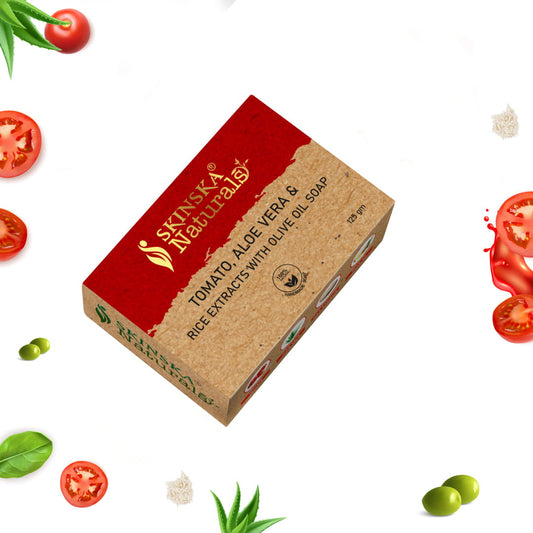
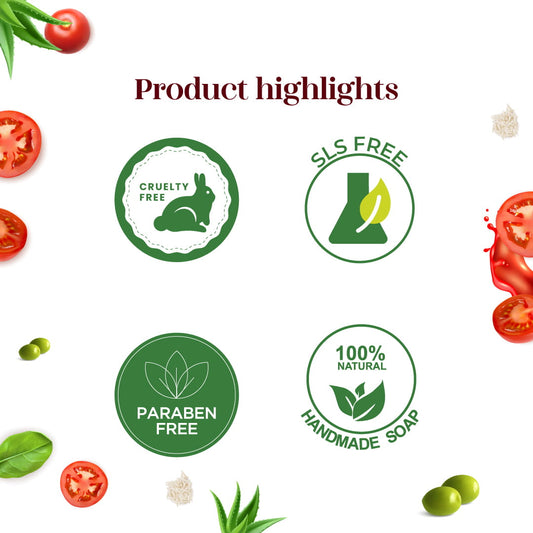
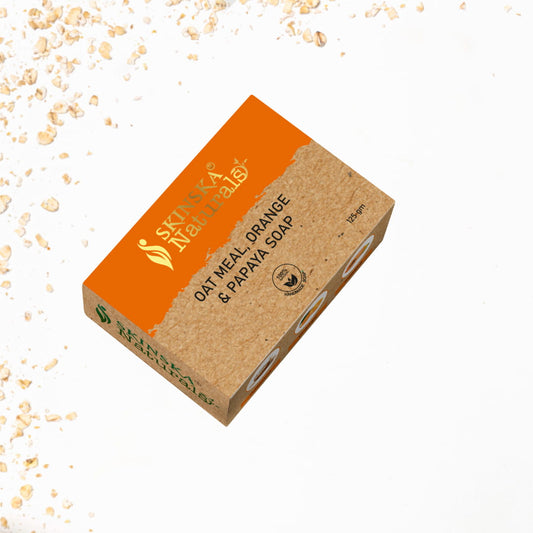
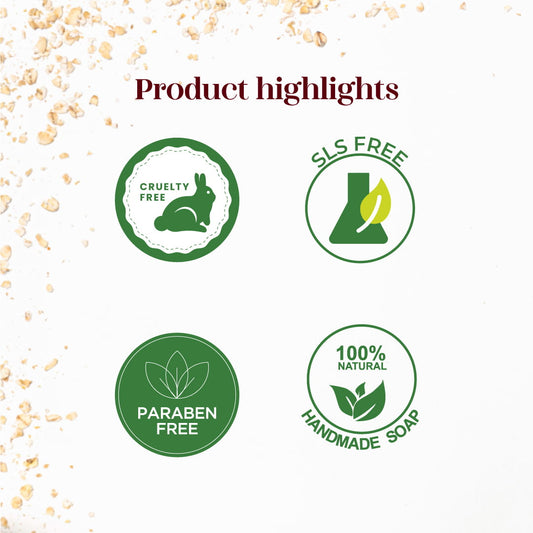
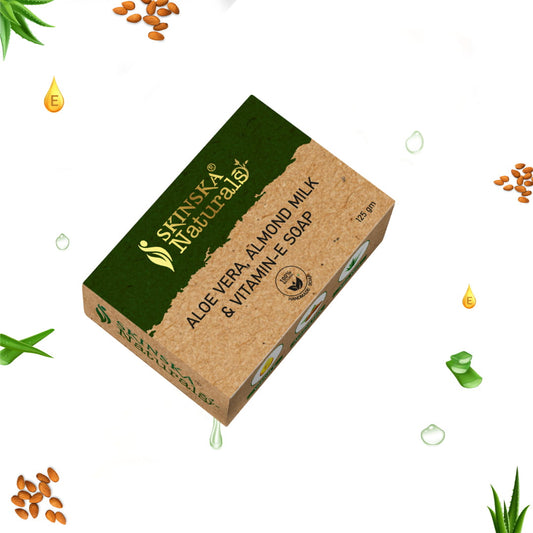
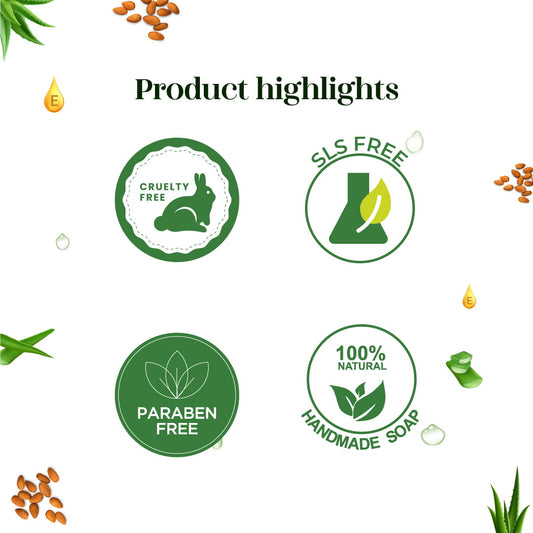
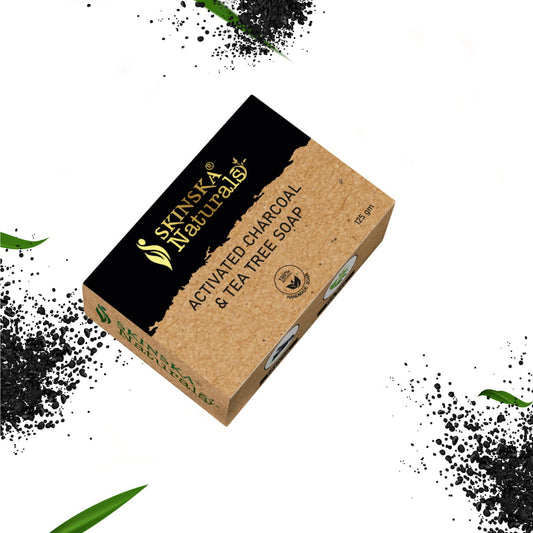
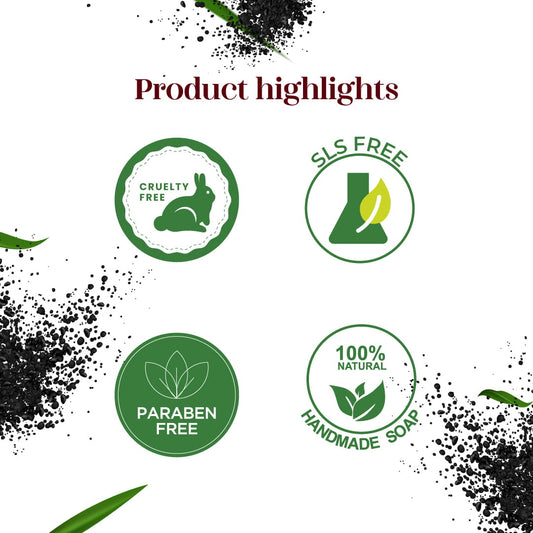



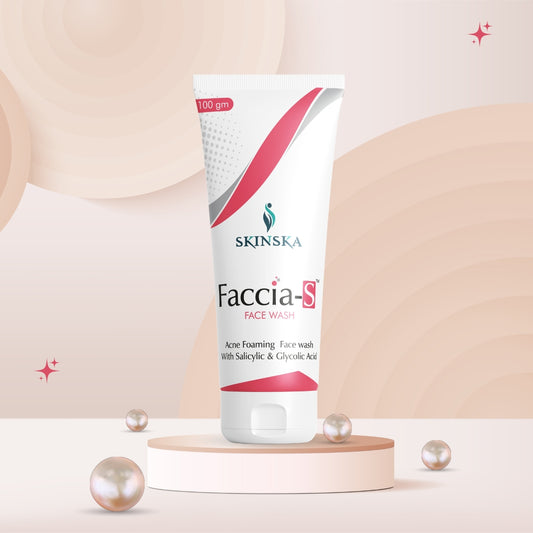
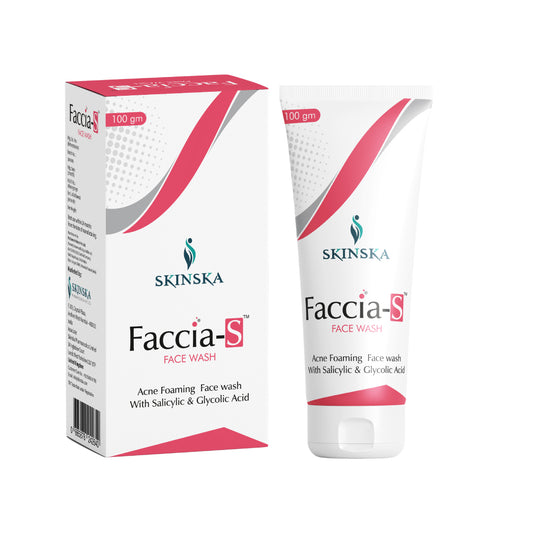
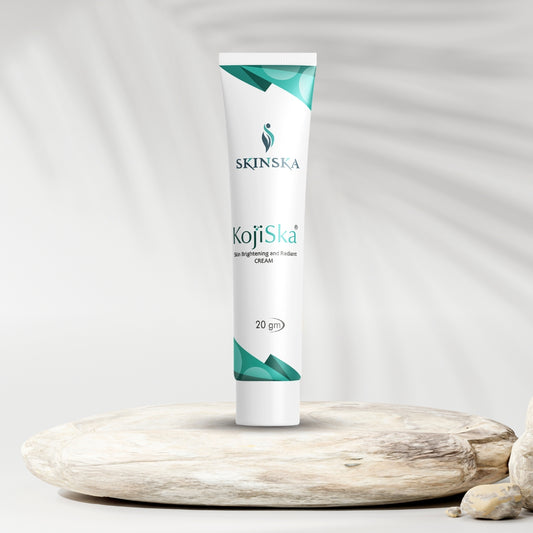
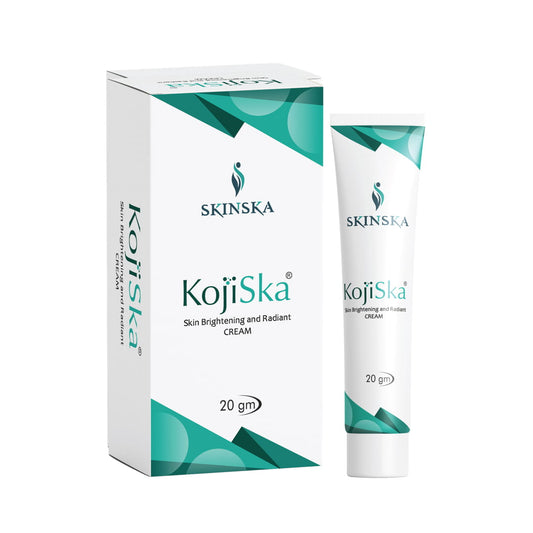
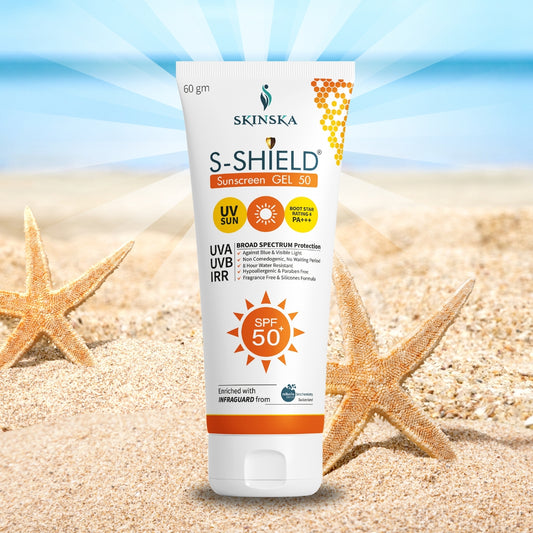
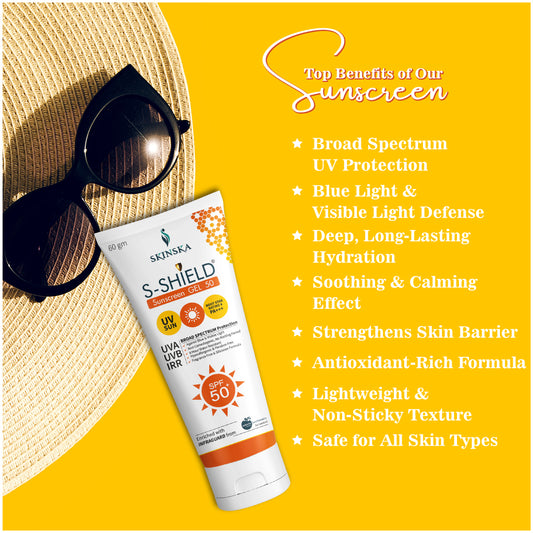
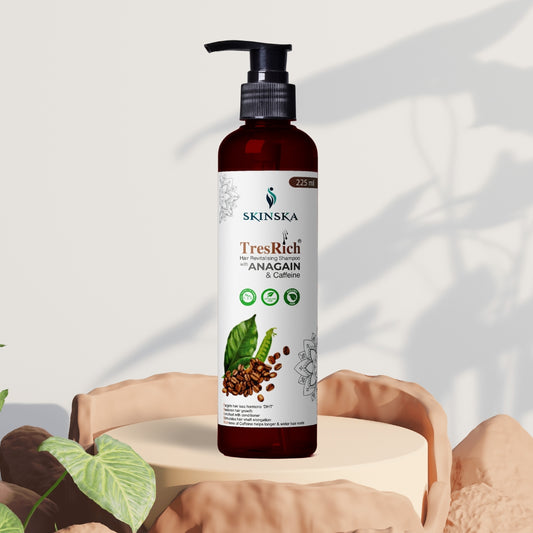
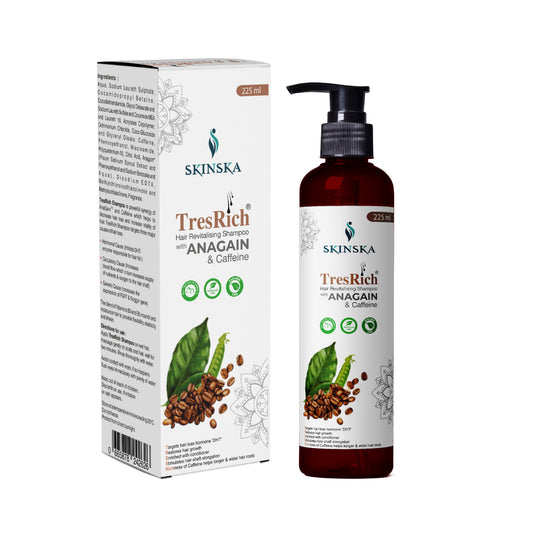
Leave a comment
All blog comments are checked prior to publishing